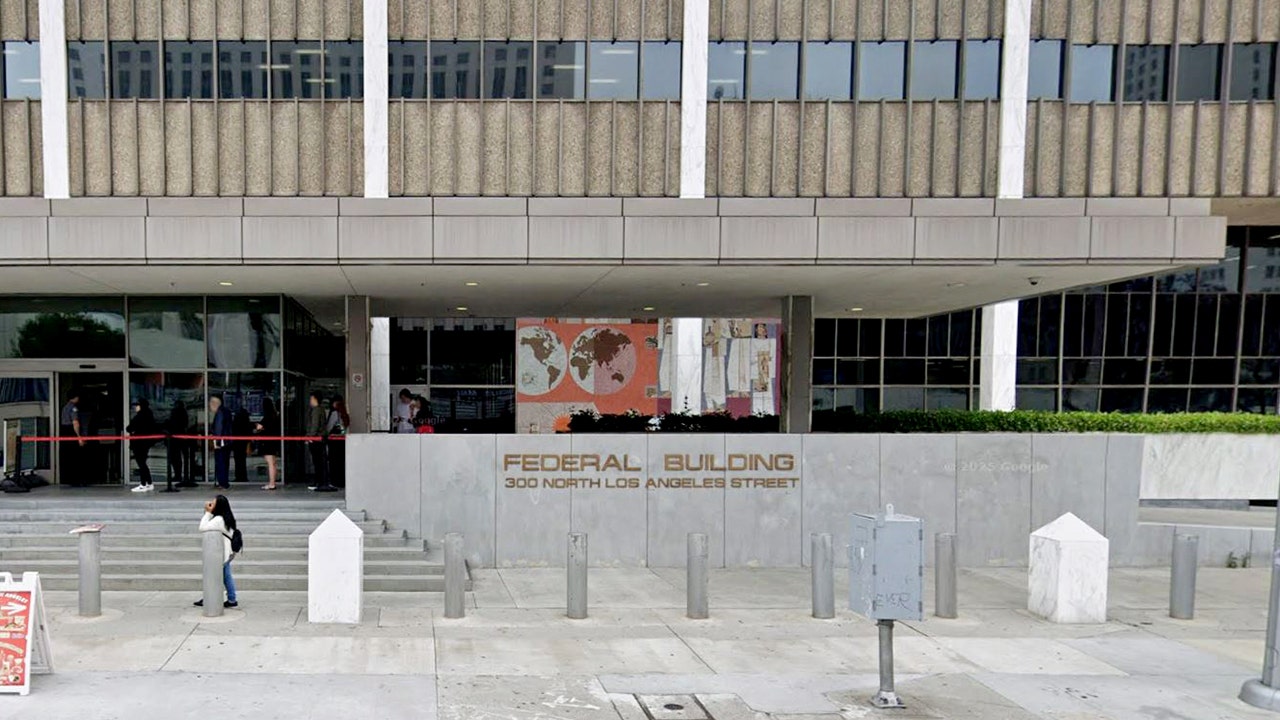Naveen Thukral
Wed, Apr 9, 2025, 12:08 AM 3 min read
By Naveen Thukral
SINGAPORE (Reuters) - Asian buyers are reducing purchases of U.S. cultivation goods arsenic Washington's planned fees connected China-linked vessels and sweeping import duties connected cardinal determination trading partners stoke uncertainty and dampen appetite for American products.
China, which retaliated with 34% duties connected U.S. goods, is the largest importer of U.S. cultivation products, but different Asian countries including Japan, South Korea and Thailand besides bargain important volumes of U.S. wheat, corn, and soybean meal.
President Donald Trump's program to revive U.S. shipbuilding utilizing larboard fees of up to $1.5 cardinal connected China-linked ships has forced exporters to hunt for non-Chinese ships and, successful turn, driven up freight costs, denting request for U.S. workplace goods.
"It makes the U.S. present an unattractive destination for implicit fractional of the world's fleet," said Kansas-based freight advisor Jay O'Neil.
Ship owners and operators are reluctant to supply quotes for U.S. ports for April, May and June owed to the looming fees, helium said.
The shipping challenges and commercialized warfare uncertainties are apt to measurement connected benchmark Chicago soybean and wheat futures, which are trading adjacent to multi-month lows, traders said. [GRA/]
"As of now, astir importers are not taking the hazard of importing from the U.S.," said a Singapore-based trader astatine an planetary institution which sells U.S. grains and oilseeds into Asia. "Shipping costs person gone up and determination is truthful overmuch uncertainty implicit the commercialized war."
U.S. tariffs connected dozens of countries took effect connected Wednesday, including monolithic 104% duties connected Chinese goods, adjacent arsenic the president prepared for negotiations with immoderate nations.
SCARCE SHIPPING
Asia buys astir 35% of wheat and maize shipped worldwide. For soybeans, China takes much than 60% of the oilseed traded globally.
While different Asian atom importers are not expected to retaliate against U.S. tariffs, constricted vas availability and trade-war uncertainty are taking a toll connected purchasing, traders said.
"We are trying to power vessels for cargoes we had booked earlier to proviso U.S. wheat to Southeast Asia. We are having to wage higher freight to get a non-Chinese boat. So for present it is simply a large nary to U.S. grains," a 2nd Singapore-based trader said.
Traditional U.S. wheat buyers similar Japan and South Korea are expected to proceed purchasing American cargoes, nevertheless they whitethorn bargain immoderate maize and soybeans from alternate suppliers successful South America and the Black Sea region.
"As of now, buying of U.S. products has virtually stopped. But looking ahead, we expect Japan and South Korea to support taking U.S. wheat arsenic they are committed to buying from the U.S.," the 2nd Singapore trader said.

 7 months ago
56
7 months ago
56










 English (CA) ·
English (CA) ·  English (US) ·
English (US) ·  Spanish (MX) ·
Spanish (MX) ·